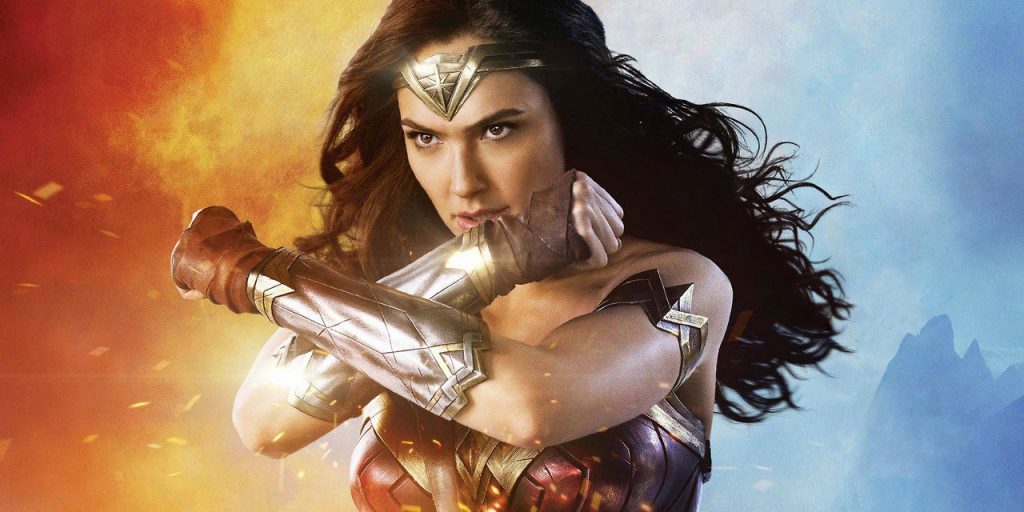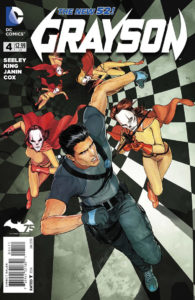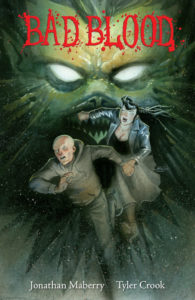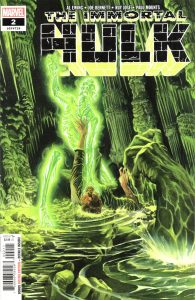
Holy Rotten Tomatoes, Batman! The DC Extended Universe is in trouble! Their freshness scores are plummeting to critical levels: 55% and dropping! 27%… 25%… Things aren’t looking good! This looks like a job for… nope, not him either. Where are we to turn? If a Caped Crusader and a Man of Steel can’t do it, will no one be able to save this franchise?
Wonder Woman, starring Gal Gadot and directed by Patty Jenkins, is the DCEU’s fourth entry and the first big-budget superhero film with both a female lead and director. Enormous pressure has been put on this movie to succeed critically and financially; after a series of misfires, the DCEU has started to look more and more like a poisoned chalice. Meanwhile, earlier flops like Elektra and Catwoman have contributed to an atmosphere in which female-led superhero films have come to be seen as unprofitable by studios (a leaked email exchange between Marvel CEO Ike Perlmutter and Sony executive Michael Linton seems to corroborate this). So it falls to Wonder Woman not only to reverse the fortune of DC Comics’s movie franchise, but also to prove that female heroes can be super at the box-office. Can she pull it off and save the day?
Yes, she can. Wonder Woman is a big-hearted film with a true-blue heroine and a cohesive, self-contained story. Set during World War I the film follows Princess Diana of Themyscira as she braves “Man’s World” in an attempt to end the war, and ultimately to decide whether or not it’s a world worth saving.
Diana’s story begins on the beautiful island paradise of Themyscira, home of the Amazons. The Amazons are a society of warrior women who live harmoniously, untroubled by the quarrels of Man. This portion of the film, all sunlit beaches and tranquil blue green seas, stands in stark contrast to the murky colour-palette of other DC films. The imagery darkens appropriately as we enter early Twentieth Century London (in the midst of the recruitment drives, the Suffragette movement and inundated by the walking wounded), and eventually the trenches of the Western Front.
The period setting works well to separate the character from any baggage attached to the rest of the DC franchise; apart from a brief nod to the extended universe at the very beginning and end, it is entirely standalone. It’s a safe play, and a smart one. It feels like a Marvel Phase One film (actually, it feels like two of the Marvel Phase One films combined: God-as-fish-out-of-water Thor and period war film Captain America). This allows us to really focus on Diana as she grows into her iconic role.
The best decision the film makes is not to overcomplicate the character. Unlike Henry Cavill’s gloomy Superman and Ben Affleck’s brutal Batman, Gadot’s Wonder Woman is a good old-fashioned hero who’s there to take down the bad guys and protect the innocent. A noble warrior princess may not make for the most complex protagonist, but that’s hardly the point. Having lived her entire life isolated in a peaceful utopia, much of Diana’s charm is in her idealistic nature.
n addition to charm there is also humour, an ingredient sorely lacking (unless you count unintentional hilarity) in other DCEU outings. There are some nice culture clash moments for Diana in Man’s World (a sequence wherein she is baffled by the impracticalities of 1910s women’s fashion comes to mind) and for her love interest Steve Trevor when he arrives in Themyscira. It isn’t as sharply witty as many of the Marvel films, but it has a gentle sense of humour and doesn’t take itself too seriously.
Gadot is winsome as the Amazonian princess, feminine but every bit the fierce warrior, as tender as she is tough. Physically Gadot is perfectly cast and carries out the stunt-work and fight-choreography with an easy grace. Chris Pine is immensely likeable as American spy Steve Trevor, flawed but heroic in his own very human way. The two leads share a good chemistry, bringing out the best in each other whenever they are together onscreen. Other standouts in the cast are Lucy Davis as the plucky, funny Etta Candy and Elena Anaya as the venomous Doctor Poison.
Wonder Woman isn’t without its niggles; the “villain problem” that plagues the Marvel franchise is on red-alert when it comes to Ares, Diana’s nemesis and the God of War. The film takes a calamitous turn when Ares makes his grand appearance in an incongruous blaze of CGI, trampling a collective suspension of disbelief in his wake. A very good actor is badly miscast and the silly-looking confrontation that follows is more ‘Final Boss Fight’ than Saving Private Ryan.
Earlier action scenes fare better and feature consistently intelligible choreography, particularly one spectacular scene in which she sprints across a battlefield in full costume while deflecting bullets and missiles to liberate a village of innocent civilians. It’s a genuinely moving moment that gets to the heart of what superheroes do, and what their films should be.
When Diana first appeared in Batman v Superman: Dawn of Justice she had just seven minutes of screen time, but she made a strong impression as a mysterious and powerful Amazon. Audiences responded to the presence of a strong female hero, and Wonder Woman only reaffirms why we should. Films like Alien, Terminator, Kill Bill and The Hunger Games have demonstrated that female-led action films have been viable for decades. Both of the new Star Wars films have centered on female protagonists and Marvel have Captain Marvel on their slate for 2019.
Shortly after the release of Batman v Superman, producer Brett Ratner labelled Rotten Tomatoes the “worst thing that we have in today’s movie culture” and “the destruction of our business.” Jeff Voris of Rotten Tomatoes responded by describing the site as, “a useful decision-making tool for fans… just a starting point for them to begin discussing, debating and sharing their own opinions.”
What everyone seems to agree is that a consensus of opinion does influence a film’s popularity with moviegoers and with a current score of 93% fresh, Wonder Woman is now the most critically successful DC film since 2008’s The Dark Knight. There seems to be a huge amount of goodwill toward Wonder Woman, with fans and reviewers clearly wanting it to succeed. Having received such an overwhelmingly positive response, it is predicted to smash past previous forecasts at the box office. It may not go down in history as the greatest superhero film of all time, but it’s a massive step in the right direction for DC and a huge score for women on the big-screen, as well as behind-the-scenes.


